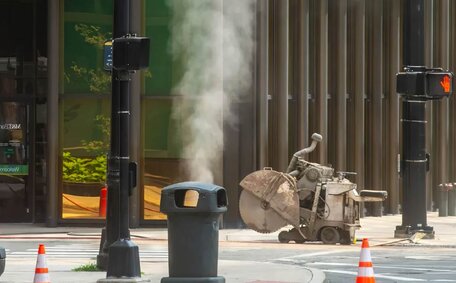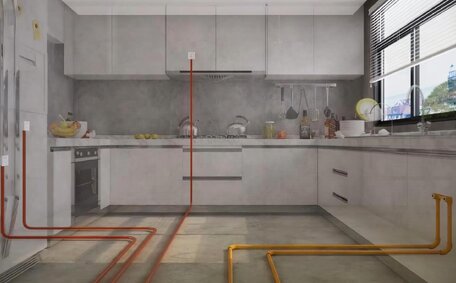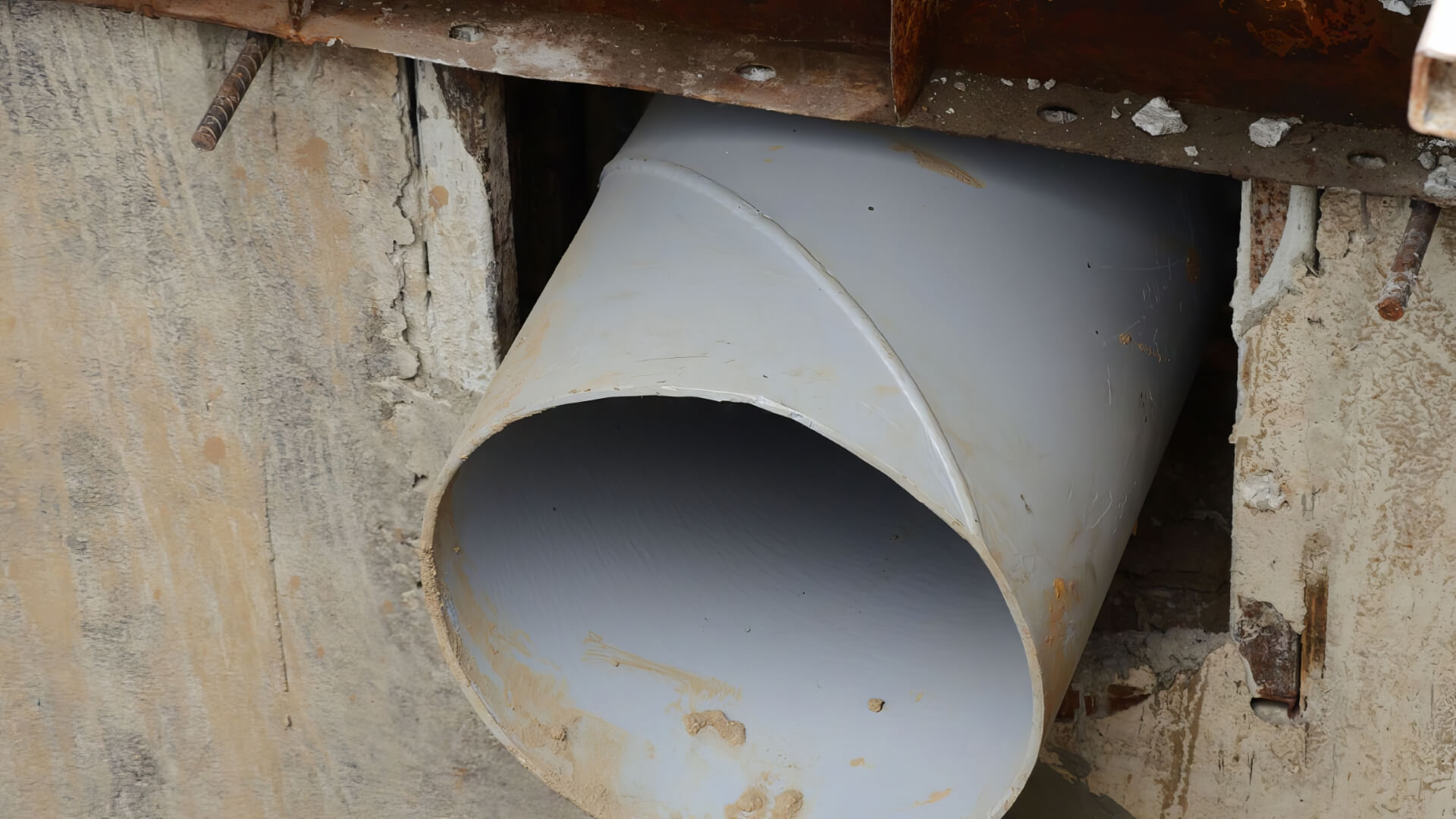Introduction to DIY gas fitting
Consider before starting any home improvement involving gas lines that safety should always be your number one priority. No matter the task, a plumber do with ease, like basic gas fitting tasks and installing a new gas cooktop may seem straightforward, gas systems can be extremely dangerous if not handled properly.
This article will navigate the realm of doable homeowner-led gas plumbing projects, delving into both the manageable DIY tasks and the complex jobs that necessitate a fully licensed plumbing professional like Rouse Hill Plumbing, adept at resolving a broad spectrum of plumbing issues, serving the Rouse Hill area in Sydney.
Though DIY plumbing endeavours can be cost-effective and time-saving, certain home improvement projects—such as extending gas line systems or fitting a new hot water system—entail legal constraints and the need for specialised tools and expertise.
We will outline manageable DIY gas fitting tasks with a focus on safety and legal compliance, and pinpoint when it’s essential to enlist professional plumbing assistance. We highlight which tasks should be entrusted to skilled workers and, on the flip side, know when your job requires the expertise of a licensed plumber from Rouse Hill Plumbing if you have any concerns or face complications.
Determining if a gas project can be safely DIYed
To determine whether it’s safe to embark on a gas-related project in your home, such as in the kitchen, weigh these key factors:
- Complexity - Basic tasks like reconnecting appliances after an upgrade may be suitable for DIY, but line extensions or new outlet installations are jobs for professionals.
- Licensing - Gas work in Australia typically demands official qualifications, which homeowners generally lack.
- Safety & Compliance - Improperly conducted DIY gas jobs can lead to hazardous leaks, fires or explosions, invalidate insurance, and breach regulations.
- Tools & Expertise - Professionals possess the required specialised equipment, technical skills, and experience.
The following gas fitting and plumbing work should always be handled by licenced plumbers, not DIYers:
- Installing or servicing hot water systems that run on gas
- moving or installing gas pipes under concrete or through walls
- Modifying, extending or relighting existing gas lines
- A task such as installing flue systems and exhausts for gas appliances squarely falls within professional territory.
Rouse Hill Plumbing on 1300 349 338.
Tools and materials needed for basic gas work
For basic DIY tasks with natural gas, you should equip yourself with standard tools obtainable at hardware stores, such as:
- Adjustable wrenches suited for tasks like tightening a valve washer
- Pipe wrenches
- Teflon tape
- Flare nut wrenches
- Tube cutters
- Soapy water solution
- Flashlight
- Screwdrivers
- Hacksaw
Ensure you use appropriate fixtures, including gasrated teflon tape and correct fittings like two 90degree elbows for your gas supply systems, while making sure that they meet Australian Standards. When establishing connections for gas pipes, it’s critical to use equipment dedicated for gas systems and not confuse them with those for water supply lines. Invest in quality pipe fittings, such as those necessary to install new gas appliances, and opt for galvanised iron or stainless steel to ensure your gas system meets the highest standards.
It’s also crucial to make a phone call to a licensed plumber immediately if you sense the task may be beyond your capability, even if you have the needed personal protective gear. When doing work on gas appliances or managing active gas systems at your property, keep the area free from smoking and any potential ignition sources.
Without the appropriate gear and components, it’s risky, and you could unwittingly introduce safety hazards, potentially culminating in unauthorised DIY gas projects. If you lack the right tools or aren’t sure about compatibility, don’t get into some Always get a professional assessment on potentially risky work and call for help from licenced plumbers at Rouse Hill Plumbing on 1300 349 338 to avoid safety issues or violations.
Ensuring proper ventilation for gas appliances
Proper ventilation is crucial when installing or using any gas-burning appliance, similar to a rainwater tank installation, Whether it’s a water heater, cooktop, furnace, fireplace, or an air conditioner, sealing connections with gasrated teflon ensure safety and efficiency. Gas-powered items, much like electrical plumbing devices, consume oxygen and emit carbon monoxide, which can be lethal if allowed to build up indoors.
It’s critical to meticulously follow the manufacturer’s guidelines for gas appliance installations around house. Vents and exhaust systems must effectively remove combustion byproducts External venting is usually required. Using gas appliances without the correct fittings, such as using a female pipe fitting where a male is needed, is extremely hazardous and violates building codes.
Important ventilation guidelines are as follows:
- Install external vents or chimneys with the same essentiality you would attach a curtain rod or mount a towel rack
- Regularly inspect vents and chimneys for blockages
- Ensure a supply of fresh outdoor air for any room with gas appliances
- Place CO detectors near gas appliances
- Never block or alter vents
If you need get your home’s ventilation up to par with appliance guidelines, or if you’re unsure, immediately discontinue use and call Rouse Hill Plumbing on 1300 349 338 to schedule an inspection or repair. Don’t take risks when it comes to gas appliance ventilation and CO hazards.
Detecting gas leaks
When it comes to gas leak detection, acting quickly is critical for safety. Signs of a leak include:
- A 'rotten egg’ odour, if gas is odorised
- Hissing, whistling or roaring sounds
- Dirt blowing from a crack in the ground
- An unusual area of dead vegetation
- Bubbles in standing water
If you suspect a leak:
- Evacuate building occupants and family members immediately
- Don’t use phones, turn switches or operate appliances/vehicles nearby
- Open windows to ventilate
- Shut off gas at the supply valves if easily accessible
- Call 000 if the leak poses an immediate threat
- Call Rouse Hill Plumbing on 1300 349 338 to locate and repair leaks
Certain undertakings, such as pipework alterations, ground excavations, or extensive plumbing repairs, must remain under the purview of professional services. Our professional plumbers can help with skillfully conducting plumbing works with specialised leak detection equipment can identify the precise location of the problem, assess severity and make certified repairs in line with all regulations. Don’t hesitate to call us.
Complying with local regulations
Ensure that all DIY gas fitting work complies with regulations specific to your local area. Always know what laws, permitting requirements and safety standards, which dictate how plumbing work should be carried out, can vary between states, councils and municipalities in Australia.
In Rouse Hill, Sydney, gas work mandates the involvement of licensed professionals accredited by NSW Fair Trading. DIY enthusiasts without certification must not attempt tasks like fixing, installing, extending, or altering gas lines, which require council permits and inspections.
Key regulations to observe in Rouse Hill and the wider Sydney area are:
- Only certified gas fitters can complete paid gas jobs
- Unlicensed gas work can incur major fines or legal prosecution
- Certification and permits are required for adding/moving gas lines
- Proper safety gear, materials and procedures must be used
If your DIY gas project involves building work or anything beyond a simple appliance reconnect, stop immediately and call the experts at Rouse Hill Plumbing on 1300 349 338 to ensure full compliance. Don’t take risks by violating local laws.
Knowing when to call a professional
Although some pipe fitting tasks appear straightforward, certain situations necessitate calling a licensed professional plumber:
- For installing, extending, or relocating gas lines, a licensed professional is required.
- Servicing or installing gas hot water systems
- Modifying or installing gas cooktops or stovetops
- Detecting and repairing gas leaks, which are plumbing repair projects that can demand expert attention
- Installing flues, chimneys or exhausts for gas appliances
- Ensuring proper ventilation for gas appliances
- Complying with local regulations and securing necessary permits
Gas systems necessitate comprehensive expertise due to their inherent risks when mishandled. Rouse Hill Plumbing prides itself on over a decade of expertise with licensed technicians skilled in executing tasks with safety as paramount.
Don’t take risks with attempting gas fitting as part of your renovation projects - call us on 1300 349 338 or email jobs@rousehillplumbingservices.com.au anytime you have concerns about the legality or safety of your project.
Legal and safety risks of DIY gas fitting
Attempting any work involving DIY gas fitting without proper licencing, training, and equipment can lead to extremely hazardous outcomes including gas leaks, explosions, carbon monoxide poisoning, fires, and more. Beyond safety risks, illegal DIY gas work in Australia carries additional consequences.
Potential safety risks of improperly handled DIY gas fitting projects include:
- Gas leaks around your house that can lead to water damage, carbon monoxide accumulation, and poisoning
- Explosions that can cause severe injuries or property destruction from ignition sources
- Electrocution from improper handling of nearby electrical wiring
- Burns and other physical harm from mishandled appliances or components
Performing unauthorised gas fitting, which may seem like an economical home improvements strategy, can also violate local laws and regulations, with potential legal and financial impacts:
- Major fines up to $55,000 for uncertified gas work could also complicate insurance claims
- Prosecution for noncompliance with state laws or council rules
- Insurance issues or liability for damage if an incident occurs
- Voiding of pipeline and appliance warranty protections
Put safety first and consult the licenced professionals at Rouse Hill Plumbing on 1300 349 338 before tackling any major gas projects yourself. Avoid taking risks - the potential consequences of DIY gas fitting simply aren’t worth it.
Conclusion
When installing fixtures in your laundry area, like a washing machine, through plumbing DIY projects, it’s critical to be mindful of your abilities and safety before commencing your project. Gas systems are complex and can be extremely hazardous if improperly handled. Seek professional assistance before you get into potentially hazardous situations if you have any concerns.
Put your plumbing tasks, even basic ones like reconnecting appliances, be sure to attach your quality materials, follow manufacturer guidelines, comply with regulations in your area, and prioritise ventilation. Have emergency numbers on hand, work carefully, and don’t hesitate to call an expert like Rouse Hill Plumbing for help.
Completing DIY plumbing work may be rewarding, but it’s important to weigh the pros and cons, especially for complex gas-related jobs that require qualified technicians. Don’t compromise safety for your DIY ambitions. Contact our experts at 1300 349 338 or jobs@rousehillplumbingservices.com.au for trustworthy services from a reputable local plumbing company.






